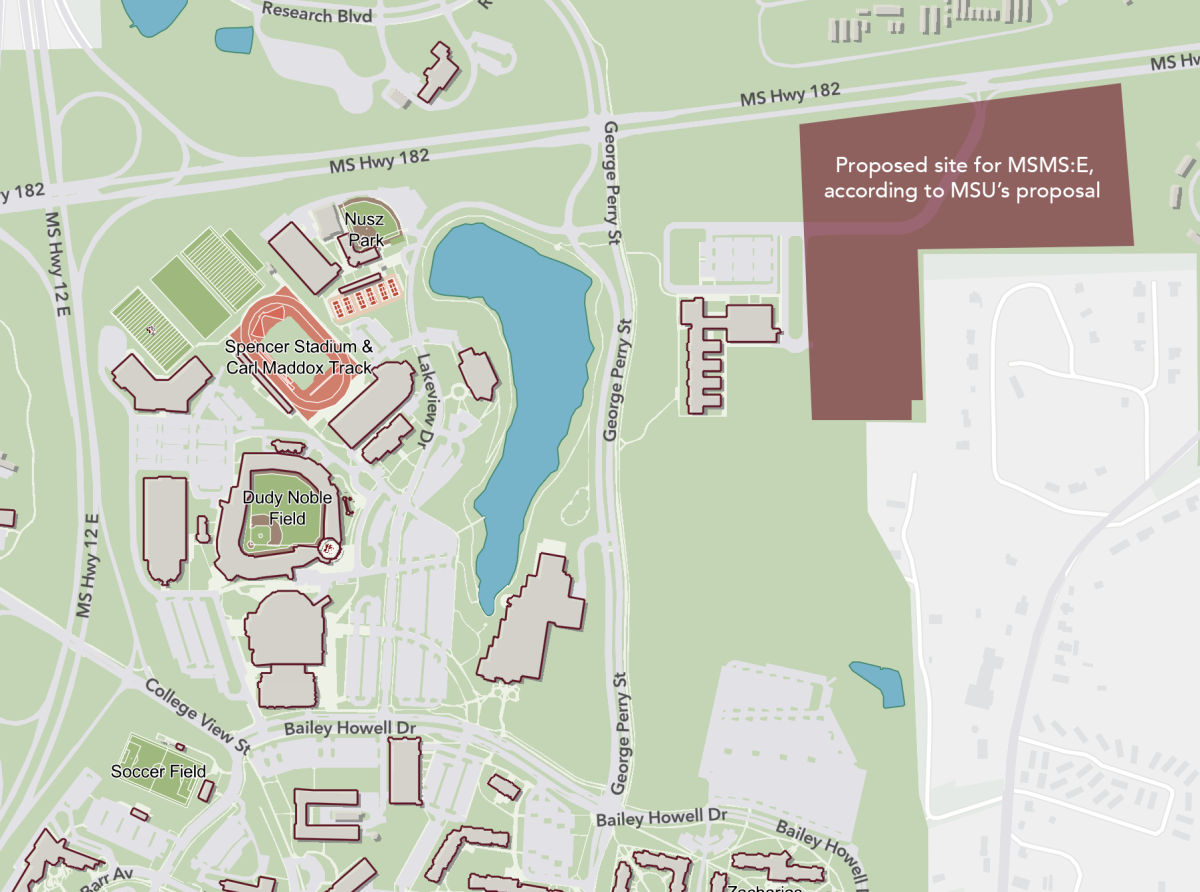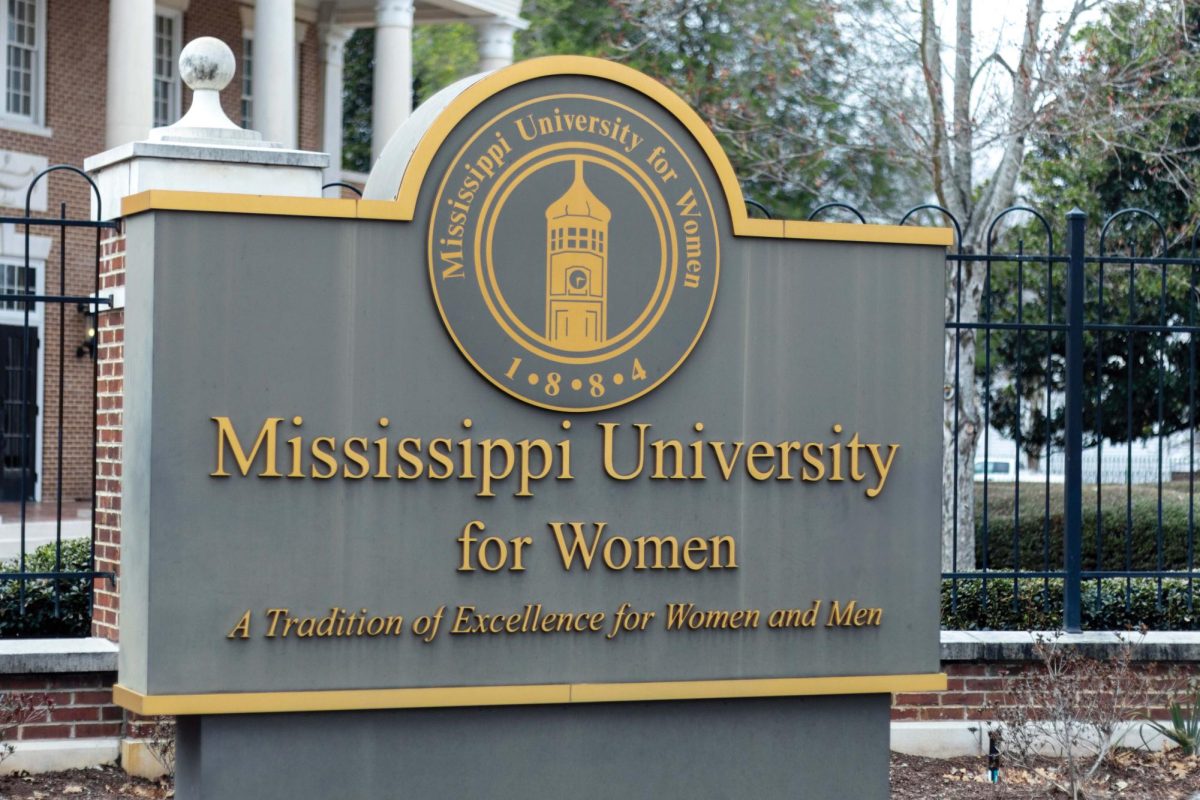The Mississippi Board of Trustees of State Institutions of Higher Learning approved tuition increases for all eight public universities for the first reading at its meeting April 19 in Jackson.
The tuition increase proposal will be read for the second time, possibly for final approval, during the May board meeting. These increases total an average of $309 each year, and Mississippi State University’s tuition increase would be $332.
According to a press release from Mississippi Public Universities, despite the potential tuition raise, Mississippi students will continue to pay less than students attending schools in neighboring states.
The average in-state tuition and fees for public universities in Mississippi in 2019 will be $7,626. Those rates were approved April 19. To compare, the average in-state tuition in 2017 in Alabama was $9,201, Arkansas was $7,596, Louisiana was $8,102 and Tennessee was $8,806, according to the Integrated Postsecondary Education Data System.
Commissioner of Higher Education Glenn Boyce assured a valuable education is still the board’s primary goal.
“Students come to Mississippi Public Universities with expectations of receiving a quality education that will prepare them well for the future,” Boyce said. “It is incumbent upon us to ensure that the appropriate measures are taken to meet those expectations. Universities must have the resources necessary to provide qualities programs, faculty, services and facilities.”
Making up 67 percent of the overall budget, tuition is a large facet of the universities’ budgets. Another 24 percent of the budget belongs to state appropriations, and the reduction of state appropriations over time has been significant.
The press release stated reduced spending continues to be one of the shared goals of Mississippi universities. Outsourcing services, merging academic departments and schools, reducing travel, implementing energy efficiency measures, leaving unfilled positions and monitoring facility usage are some examples of cost-cutting measures being taken.
“We greatly appreciate our legislature and state leaders for providing a small increase in our appropriations,” Boyce said. “The proposed tuition increases will be used to help fill the gap left by reductions sustained by the over the past several years as state revenue has lagged. Universities are exploring all avenues for reducing costs, while maintaining the quality of education students receive.”
Through 891 total degree programs, universities enrolled over 95,000 students during an academic year, a number higher than ever. Alongside their highest enrollment number in history, Mississippi Public Universities are also graduating more students than ever with 17,760 degrees earned in 2017.
“Investing in higher education is still the best investment a student can make in his or her future,” Boyce said. “Tuition is an investment that has the potential of increasing earning potential every year for the rest of their lives. A college degree opens windows of opportunity that otherwise would be closed forever.”
While the total number of awarded degrees has increased by 8.9 percent, the number of STEM graduates increased by 37.9 percent over the last five years. In 2017, 2,849 healthcare students graduated, including nurses.
MSU Chief Communications Officer Sid Salter said he could not release a full statement on the possible tuition increase at this time.
“The State College Board is still deliberating the tuition increase proposal, so it would be premature for the university to comment at this time on specifics of the proposal,” Salter said. “But generally, state funding has not kept pace with rising costs since 2007. Had it not been for Mississippi State’s enrollment growth and the additional funding that growth brings through tuition payments, we would have been unable to maintain parity in academic quality, student services and research and economic development activities.”
Boyce said he will continue to see the brighter side of higher tuitions.
“Students must continue to receive a quality education that will prepare them to compete successfully in a global economy,” Boyce said. “Universities must have the resources necessary to provide the quality education our students respect and deserve.”
MSU tuition increase approved for first reading
0
Donate to The Reflector
Your donation will support the student journalists of Mississippi State University. Your contribution will allow us to purchase equipment and cover our annual website hosting costs.
More to Discover

















